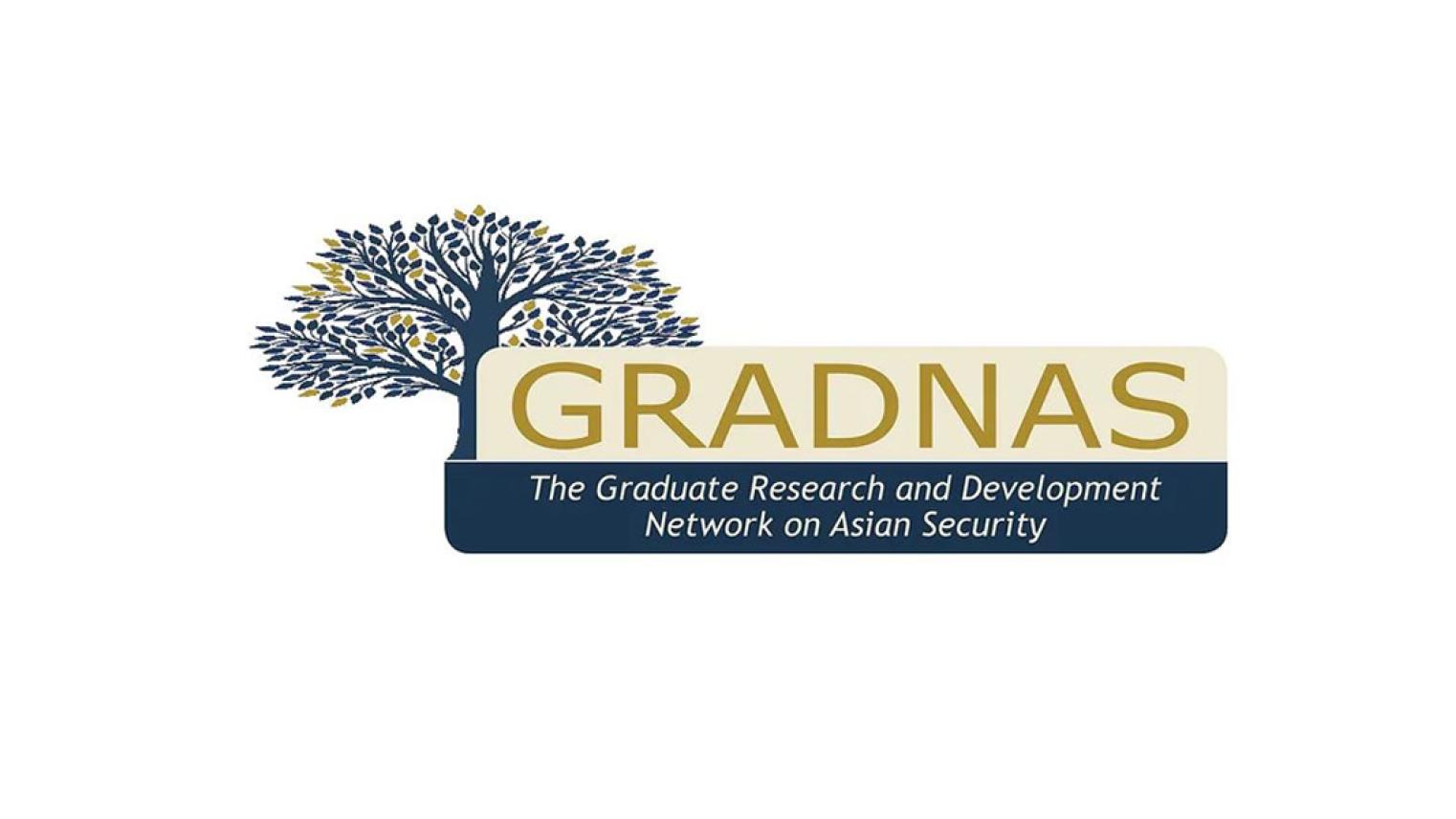What shapes our understanding of international order? What is the role of power and ideas in the making of international orders? Join us as we discuss these and many more interesting questions with our three panellists in this upcoming event.
Chair and Speaker: Amy King (Strategic & Defence Studies Centre, Australian National University): “What makes a ‘Chinese idea’ Chinese? Power, Ideas, and International Orders”
Speakers
Manjeet Pardesi (Political Science and International Relations Programme, Victoria University of Wellington): Power, Ideas, and International Orders: Contrasting the Classical Mediterranean and the Indian Ocean
Na Young Lee (Political Science and International Relations, University of Southern California): The origin of hierarchy in East Asia: Confucian idea(l) of order in Chunqiu (春秋)
Profiles
Amy King is Associate Professor in the Strategic & Defence Studies Centre at The Australian National University, and Deputy Director (Research) in the Coral Bell School of Asia Pacific Affairs. Amy is the holder of an Australian Research Council DECRA Fellowship and a Westpac Research Fellowship, leading a team researching China’s role in shaping the international economic order. Her research contributes to three strands of scholarship, united by a focus on ideas in International Relations: China-Japan Relations, China and the International Economic Order, and the Economics-Security Nexus. She is the author of China-Japan Relations after World War Two: Empire, Industry and War, 1949-1971 (Cambridge University Press, 2016) and has published in the European Journal of International Relations, Modern Asian Studies, Journal of Cold War Studies, The British Journal of Politics and International Relations, among other outlets.
Manjeet S. Pardesi is Associate Professor of International Relations in the Political Science and International Relations Programme. He is also the Asia Research Fellow at the Centre for Strategic Studies at Victoria University of Wellington. His research focuses on historical international relations, great power politics, Asia and the China-India rivalry. He is the co-author of The Sino-Indian Rivalry: Implications for Global Order (with Sumit Ganguly and William R. Thompson, forthcoming with Cambridge University Press, mid-2023). He is also working on a book project with Amitav Acharya tentatively titled Limits of Hegemony: Power, Ideas, and Order in the Mediterranean and the Indian Ocean. His articles have appeared in several journals, including the European Journal of International Relations, Security Studies, Survival, Global Studies Quarterly, Asian Security, Australian Journal of International Affairs, and International Politics. He is the co-editor of The Oxford Handbook of India’s National Security (Oxford, 2018) and India’s Military Modernization: Challenges and Prospects (Oxford, 2014).
Nayoung Lee is a Ph.D. candidate in Political Science and International Relations at the University of Southern California. Her research interests lie in international security, history, and the cause of war with a regional focus on East Asia. Her dissertation examines how cultural norms and social institutions in historical East Asia (10th-14th centuries) shaped the process of status bargaining during war, as well as the importance of rituals in this process. She received an M.A. in International Relations from Seoul National University and a B.A. from Yonsei University.
Zoom information will be sent in the confirmation email.
For more information, contact the GRADNAS (The Graduate Research and Development Network on Asian Security) Coordinator, Dr. Stuti Bhatnagar at gradnas@anu.edu.au.
This event is the third in the GRADNAS Seminar series of 2023 that will showcase the cutting-edge academic research on Asian security by GRADNAS members. It presents an exciting opportunity for research exchange involving the network, providing a regular occasion for GRADNAS scholars to share and receive feedback on their ongoing and published research. Join us as we celebrate and showcase the excellent research by GRADNAS members and friends. Visit our website here.
